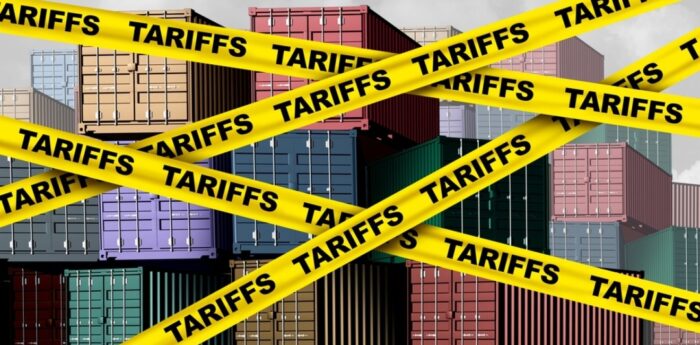Dear Reader,
As we recommit ourselves to
Yiddishkeit in this New Yearand strive to do things better, we sometimes run into challenging areas. Mitzvos that seem hard to understand like kashrus and shmitta, which occurs this year, can be especially challenging. Although mitzvos that we don’t thoroughly understandseem to be harder to observe than those mitzvos that have a clear reason, if you look into the commentaries, you can find a reason for many of them. Then again, even the mitzvos we do clearly understand should be done with the same kabbalos ol as the mitzvos we don’t understand – the “chukkim” – since we truly don’t know the “real” reasons for any mitzvah; we do them only because they are commandments from Hashem.
As we start a shmitta year, some people might think that shmitta is a really unfair mitzvah. Why are the farmers the only ones “penalized” for the entire year, while everyone else can continue working and profit? The truth is, if you look deeply into the Torah, the mitzvah of shmitta is extremely fair. Here is the reason: Every other business run by a Jew is open six days a week and closed on Shabbos. On Shabbos, the owner makes no profits and no gains. The only ones who really profit from Shabbos are farmers, because their produce continues to grow on Shabbos. Six years of Shabbosim, combined with all of the Yomim Tovim, equal one full calendar year, so during the seventh year, the farmers let go of their fields and become “even” with everyone else.
Kashrus is also not always easy to observe. In the USA, more and more products clearly display the kosher mark; however, in Europe, kosher logos are not usually printed on product labels and consumers have to be “in the know” about the kosher rules in the places they shop. Read about the floating Jewish community of Venice, Italy and the various kosher establishments available to guests and locals alike in this installment of “Keeping Kosher In…”
I wish you a new year of renewed motivation in the mitzvah of kabbalos ol, encompassing all of the mitzvos,and revealed blessings for all of Klal Yisroel.
K’siva v’chasima tovah, l’shana tovah u’mesukah.
Rabbi Chaim Fogelman
Editor-in-Chief


 EN
EN  ZH
ZH  KR
KR  BR
BR  ES
ES  IN
IN  IL
IL 




